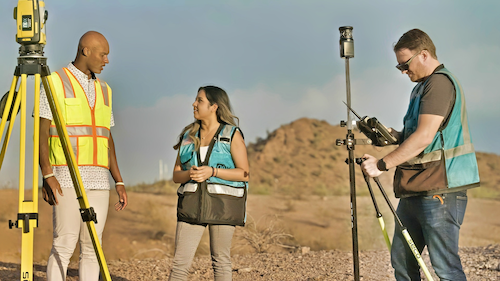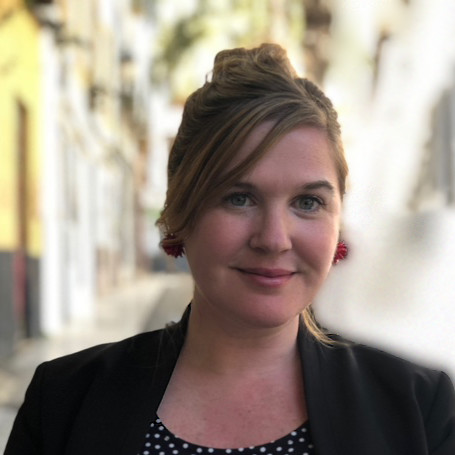
From the moon to Mars, we’re getting closer to the reality of expanding humanity’s habitat beyond our planet. But, here on Earth, extreme weather and a changing climate are also creating new challenges—from wildfires to coastal flooding, severe heat waves, and more.
With its latest annual Make It Real program, Autodesk is challenging high school students to imagine how to design and build a habitat for an extreme environment. And it’s not just a habitat to survive. It should be one where inhabitants can thrive through work and play too.
For the Make It Resilient 2024 contest, any extreme environment such as a desert, rainforest, deep ocean site, areas prone to flooding, or even another planet can be chosen. In the end, the habitat design should help answer the question, “What if extreme environment habitats embraced their unique surroundings to enhance human well-being?”
Of course, it isn’t a contest without prizes! Scholarship prizes total $50,000 and will support educational expenses such as tuition, books, room and board, transportation, and childcare.
In addition, Autodesk is also offering students who who are continuing their education in the building trades $50,000 worth of microgrants*. This $500 award may be used to cover similar expenses.
NFL quarterback Joshua Dobbs is also joining the Make It Real program this year to lend his support. Dobbs, who studied aerospace engineering as an undergrad and interned at NASA, stars in the new “Beyond Bounds” web series. In traveling to Phoenix-based construction technology firm Nox Innovations, he explores firsthand how builders are constructing for extreme environments here and gleaning lessons about resilience that could be extended beyond planet Earth.
“I hope that young people will realize the limitless opportunities waiting for them in the construction industry. If they can dream it, they really can build it,” said Dobbs. Through his experience meeting the team at Nox, he saw a lot of connections between football and construction, and even construction and space exploration. “I saw an opportunity to partner with Autodesk on this program because there are powerful stories to tell about the tradespeople who make it happen each day. The ability to collaborate is so important to me and my values to give others the same benefits that I've had."
Contest entrants must be ages 13-21, currently in secondary or high school (or homeschooled) in the U.S. and Canada (excluding Quebec) and incorporate Autodesk software to create an Instructable for their design.
Students can use a starter Autodesk Tinkercad or Autodesk Fusion model provided by Aurelia Institute, a resident team in the Autodesk Technology Centers Outsight Network, or create their own. Through its space architecture TESSERAE project, Aurelia Institute is working toward the next generation of space habitats, from research labs to microgravity concert halls to space cathedrals. “Beyond Bounds” also features imagery from Aurelia’s TESSERAE Pavilion, the full-scale habitat prototype on which the Tinkercad starter design is based.

Photo credit: Aurelia Institute
Once a specific site for the habitat is chosen, the design should demonstrate both resilience and livability. The habitat’s resilience can be highlighted by including elements of climate-responsive design and the use of smart materials, renewable energy, in-situ materials for sustainability, and embedded technology like sensors.
Judges for the contest will include representatives from the National Society of Black Engineers, Nox Innovations, The PENTA Building Group, Aurelia Institute, and Autodesk Research. Entries will be judged based on the following criteria: 3D digital literacy and design; engineering mindset; real-world relevance; and presentation. One $10,000 grand prize in each of the two following categories will be given away: “Best use of CAD (Computer Aided Design) or BIM (Building Information Modeling) tools” and “Best physical prototype.” Additional prizes include: $5,000 First Prizes (4); $1,000 Second Prizes (10); and $50 gift cards for Runners-Up (20).
Make It Resilient 2024 is now open, and the deadline to submit is June 24, 2024. We can’t wait to see what students will dream up to build resilient and lively habitats for our planet and beyond!
*The microgrants will be provided through the Building Changemakers Giveaway.
Looking for the 2025 Make It Home contest? Find out more here.
